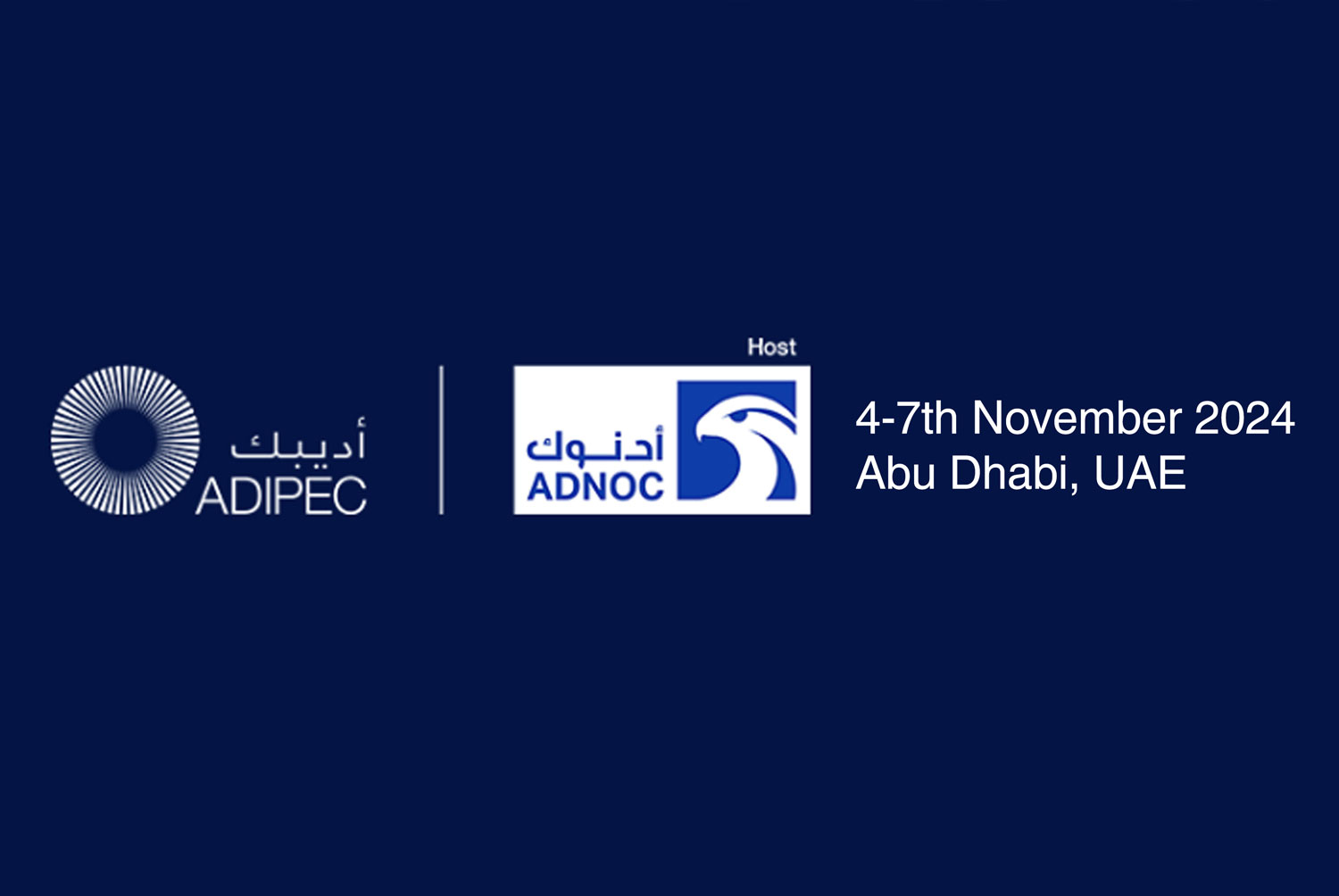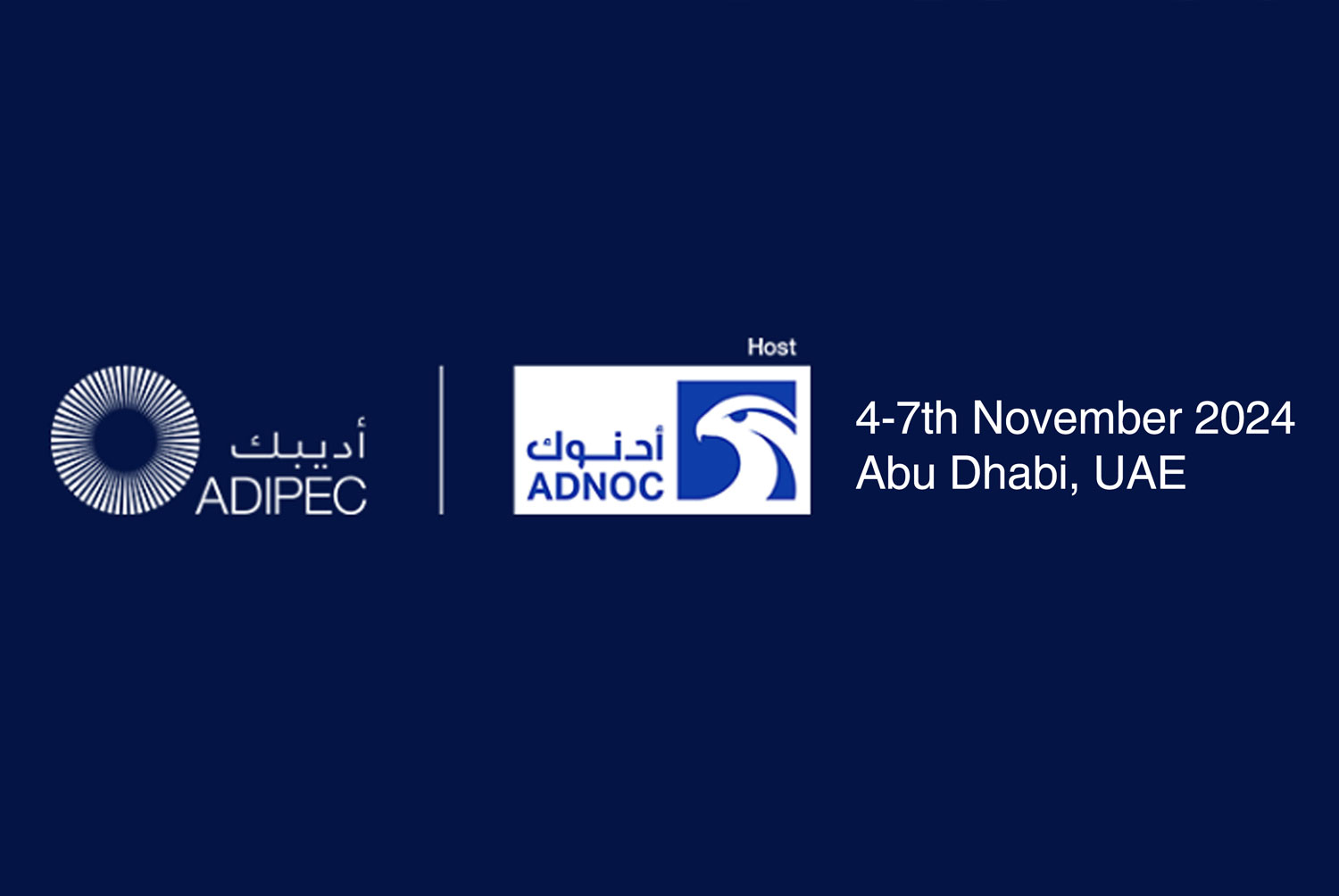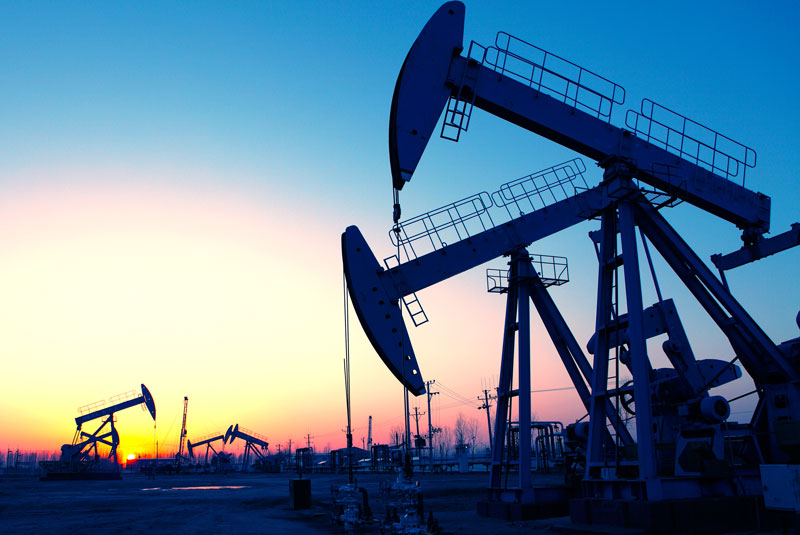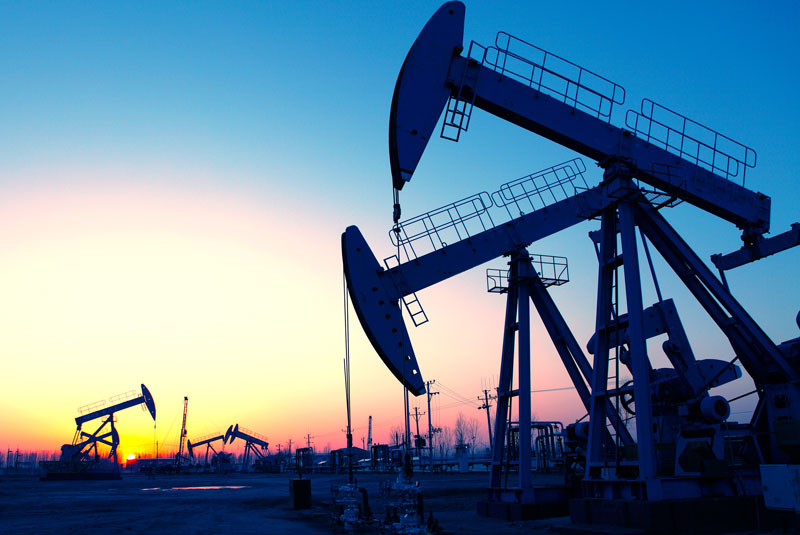

Meet us at the ADIPEC Exhibition in UAE from 4-7 November 2024. And welcome to visit our facility in Guangzhou.

We are proud to announce that we are exhibiting the world's largest energy event ADIPEC 2024. Visit our stand #13530, Hall 13 from 4-7 November 2024. We shall share with you our new compounds for seals in Oil & Gas, and our new achievements on seals for API 6A gate valves, casing head & tubing hanger. Main Products: Ability: API 6A gate valve seal API 6A wellhead equipment seal Downhole packer element Downhole seal stack Well service pump packing Hammer union seal API 6D ball valve and LNG seal Hydraulic seal FFKM seal / O ring Oil-free lubricated pump seal API Spec Q1 ISO 9001:2015 HSE management system API 6A PR2 test RGD test H2S immersion test(Norsok M710) Low temperature test(-196℃) FEA/Finite Element Analysis R & D center More than 52 patents & inventions

Chevron intends to increase production on the New Mexico side of the Permian Basin, which is among the most productive oil and gas regions in the United States. “Healey, the company’s asset manager for New Mexico, stated, ‘We perceive significant potential in this area. Multiple factors have made it a prime location.’” Chevron has declared its aim to produce one million barrels of oil equivalent per day (mboe/d) in the Permian Basin by 2025, concentrating on the most productive zones to achieve this objective. It is noteworthy that the New Mexico region has geological advantages in its rock formation, which is abundant in organic material capable of generating oil and gas under pressure over time. The area’s undeveloped state implies that there is no worry about depletion of oil or gas from existing wells, thus providing greater extraction potential. As one of the major producers of oil and natural gas in the Permian Basin, Chevron acknowledges the crucial role that New Mexico plays in ensuring US energy independence. Aligning its development strategy with the state’s regulatory focus on safety and environmental sustainability, Chevron uses electrical compressors rather than natural gas-fueled compressors to power its operations. It has also reduced the intensity of carbon emissions associated with its hydraulic fracturing equipment. Article source: egyptoil-gas.com

(WO) — Mike Sommers, president and CEO of the American Petroleum Institute (API), addressed the New Mexico Oil and Gas Association in Santa Fe, emphasizing the critical role of U.S. energy security amid rising global tensions. With conflicts in key energy-producing regions and growing threats to supply chains, Sommers highlighted the need for strong domestic energy policies to safeguard national and global stability. Sommers pointed to recent polling by Morning Consult, revealing that 90% of voters in battleground states want presidential candidates to address energy issues. The poll also showed that 80% of voters support tapping into America’s domestic resources over relying on foreign energy. "We see ongoing conflicts worldwide that remind us secure, reliable energy access is central to our nation’s security," Sommers said. "But this security cannot be taken for granted. We need policies that ensure we meet tomorrow’s energy needs, not just today’s." Sommers cited escalating tensions in the Middle East and the ongoing war in Ukraine, noting that U.S. oil and natural gas production plays a key role in global energy stability. He highlighted Lea County, New Mexico, as a major contributor, producing more oil than five OPEC nations combined. Discussing the transformative impact of hydraulic fracturing on U.S. energy production, Sommers urged the next administration to prioritize policies like the API's Five-Point Policy Roadmap, which aims to strengthen American energy leadership and curb inflation. "No one can win the presidency without supporting fracking," Sommers said, stressing the need for reforms in permitting, LNG exports, and tax policies to ensure continued energy leadership. Article source: World Oil
© Copyright: 2025 Guangzhou JST Seals Technology Co., Ltd. All Rights Reserved.
Scan to wechat
